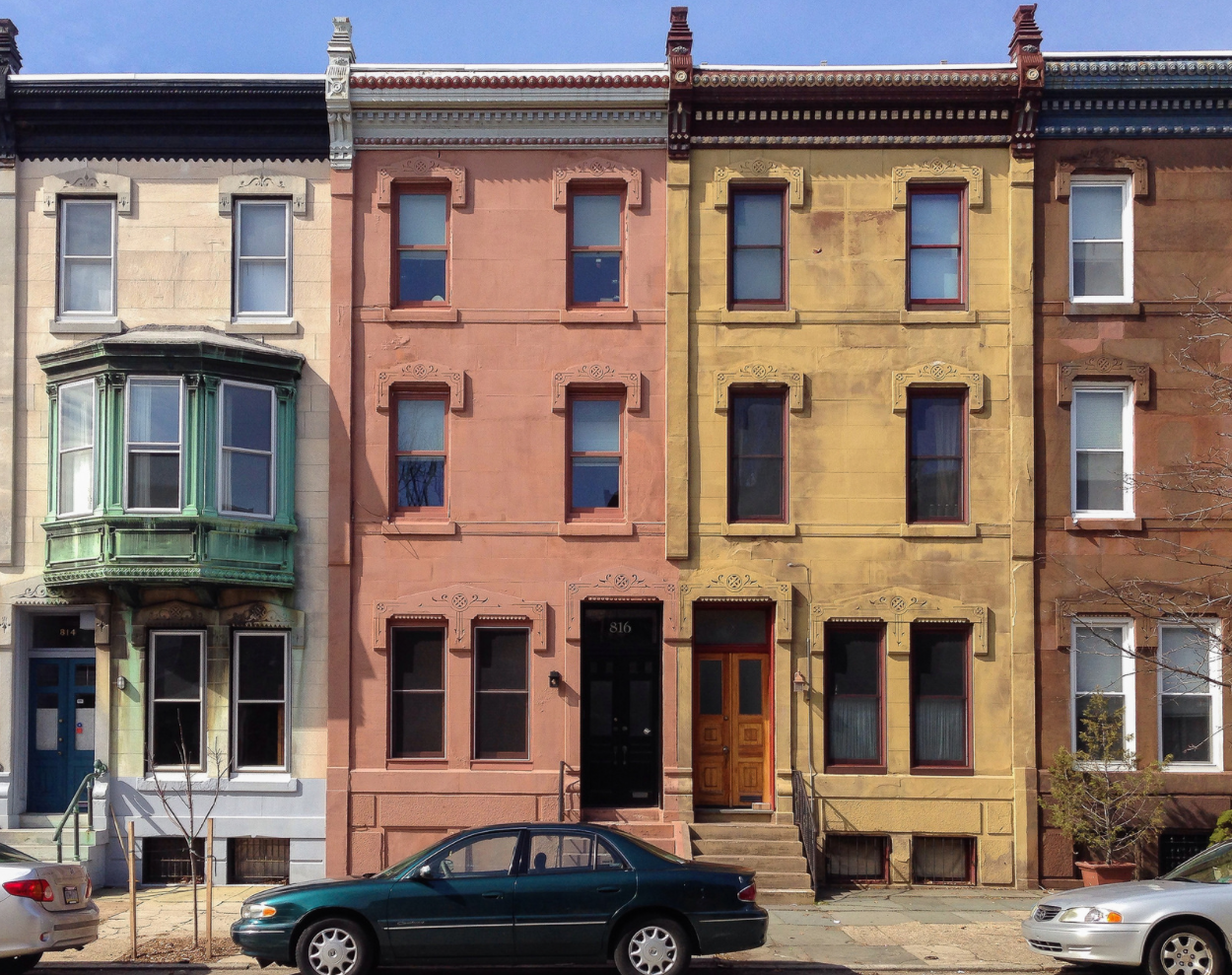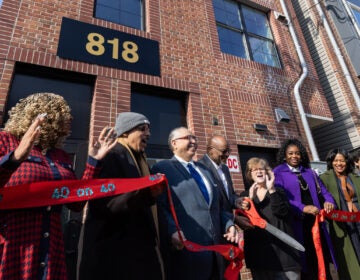City commits $40 million to repairing rowhomes

The city is launching this summer a new low-interest loan program that provides homeowners as much as $25,000 to fix up their aging homes, Philadelphia Inquirer’s Caitlin McCabe reports. The Healthy Rowhouse Project, a local advocacy program that worked with the city to create the Housing Preservation Loan Program, found in 2014 that while “54 percent of Philadelphia’s homes could be repaired for $10,000 or less, many residents do not have those funds” or credit score. The gap amplifies a small problem, like “Installing a grab bar for a senior [for] $50,” into a major health and safety problem such as “a broken hip [for] $50,000.” The city has dedicated $40 million to the new loan program, which will be housed under the Philadelphia Redevelopment Authority.
Meanwhile, a bicyclist was struck at the intersection of 63rd and Vine streets Thursday, 6ABC reports. Video footage shows a “bicycle wheel… protruding from under the passenger’s side.” The police are investigating what led up to the crash; the cyclist has been “hospitalized and is expected to be okay.”
Up in North Philadelphia, Temple University is moving forward with its highly controversial new stadium, Jake Blumgart reports. The university plans to submit a proposal for zoning tweaks, road closures, and a new Special Services District to manage trash. Neighbors and students in opposition, organized as ‘Stadium Stompers,’ continued to raise deep concerns of displacement for the historically black neighborhood and say they will not rest “until Temple’s stadium proposal is defeated for good.”
Over in Chicago, residents are using other tactics to push back against development. The Chicago Sun-Times reports that on Wednesday, the Black Caucus called a news conference to congratulate the Obama Foundation’s decision to award 51 percent of construction contracts to minority firms to build the new Obama Presidential Center. Drowning out the good news, however, were protesters demanding the former president sign a community benefits agreement (C.B.A.) to protect residents in the neighborhood and ensure local “jobs, investment in neighborhood elementary schools, [and] transportation infrastructure.” One local alderman argued that the construction contracts provided “more than any C.B.A. that they came up with,” while activist Jitu Brown argued “We cannot take the president’s word on the fact that they’re not gonna push African-Americans out with the Obama Presidential Center. There is no history that says their word is worth anything.”
So we have special services districts, minority contracting, and community benefits agreements. What are other tactics to encourage community engagement and economic justice? Oh yes, there’s Rebuild, a fundamental “experiment aimed at improving how the city deploys capital resources in the future [and] how it can engage with communities better.” In a June 2017 PlanPhilly article, Malcolm Burnley looked at Rebuild’s mission to diversify labor unions and spend tax dollars more equitably, and the city’s track record on enforcing standards and cracking down on end-arounds.
The country (and Toronto) is abuzz with the online retail giant’s top 20 HQ2 contenders. Does Philadelphia have a leg up against the other 19 candidate cities including Austin, Boston, and Pittsburgh? Corporate relocation consultant John Boyd points out that Amazon is “expanding aggressively into pharmaceuticals.” And we know what the Philadelphia metropolitan area’s biggest economic sector is: eds and meds.
WHYY is your source for fact-based, in-depth journalism and information. As a nonprofit organization, we rely on financial support from readers like you. Please give today.







